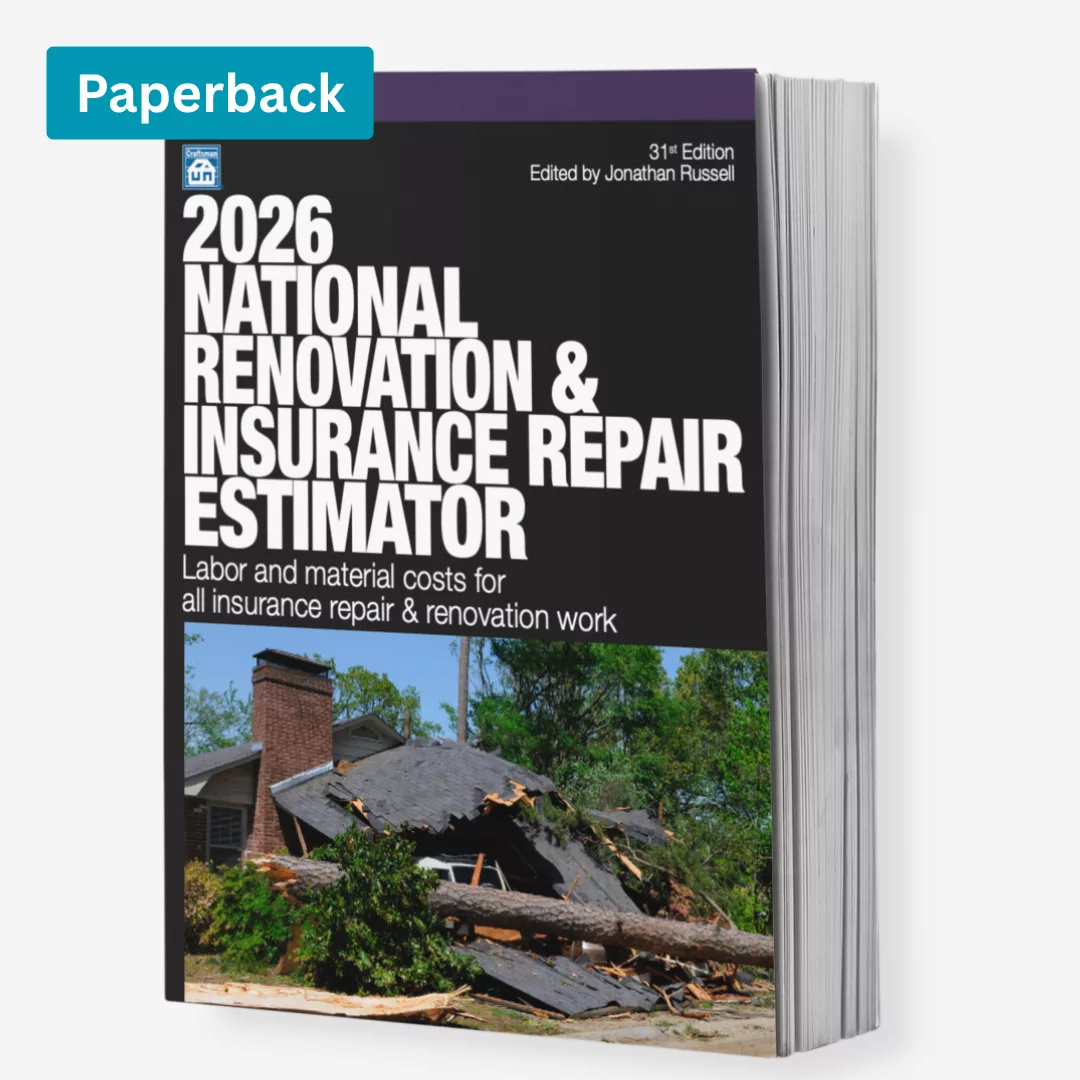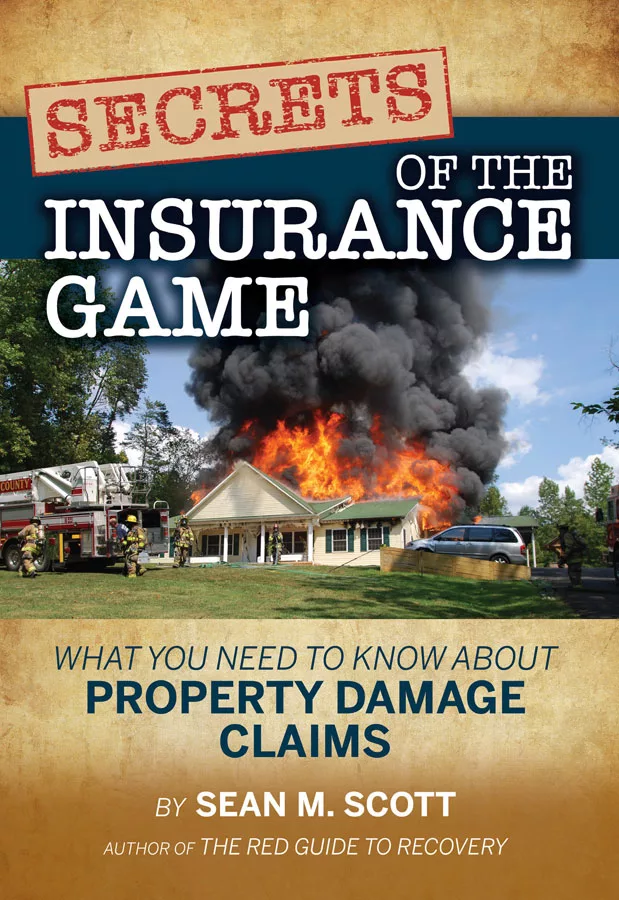Things Your Insurance Agent Has Not Told You

You should select your insurance agent based on their ability to understand your business and your insurance needs, and to offer you meaningful risk management advice. Also important is their ability to access the best available insurance companies for your company and their ability to assist you with a claim at the home office level of the insurance company if necessary.
Why? Because the selection of your insurance agent is the most important buying decision you will make.
Insurance agents are paid on commissions, so it does not cost more to have the very best agent compared to the most incompetent agent based on the above criteria. The decision on which insurance agent to hire should always be separated from which insurance policy to buy. Never pick an insurance agent solely on the basis of the insurance premiums offered, because cheap insurance premiums are often closely related to the agent’s ability to help you professionally manage your risks.
Do not assume all licensed insurance agents are equally qualified. Getting a basic insurance agents license takes about 40 hours of study; the hairdresser down the street went to school fifty times longer for her license. Insurance underwriters are not required to go to school at all, nor are they licensed or regulated in any way. The insurance license itself is essentially valueless to you as a pre-qualification tool for an agent.
The words “Contractors Pollution Liability Insurance” will not appear a single time in the licensing schools in most states, and this is an essential form of insurance for you as a restoration contractor. You will need to ask specific questions of potential insurance agents to evaluate their capabilities. What does the agent know about the insurance business and the restoration business? What resources do they utilize to help them with this knowledge? Does the agent have professional designations? Which insurance companies do they have access to? What are their home office relationships with those insurance companies?
Virtually all professional risk managers working for companies large enough to have full-time risk managers separate the decision on which insurance agency to use from their decision on which insurance policy to buy. The reason they do this is to avoid getting into a situation where the selection of the insurance agency is being made by the least qualified insurance underwriter in the game.
Most people would recognize that the lowest cost insurance would logically provide the least coverage and/or come from the most naive underwriter who has no idea about where they stand in the market place or of the customer’s risk profile. The natural gravity in the insurance business is for the most naive agent to seek out and find the most naive underwriter.
There is something fundamentally wrong with this as the de facto selection criteria for your insurance vendors if you value the quality of a product or service at all.
The modern combined business liability insurance policies sold to restoration contractors are not regulated by insurance commissioners. Some of these insurance policies contain coverage flaws so extreme for a restoration contractor that a professional insurance agent would not even consider offering one of these policies to a customer. Selecting the insurance agent offering the lowest cost insurance policy can stick your firm with the very least qualified insurance agent offering the very worst insurance coverage by default.
Rather than hiring the cheapest underwriting/agent team, the risk management pros pick the broker first and carefully select the insurance company based on coverage, claims paying capability and then cost. I personally never buy the cheapest insurance available for my company, I “round file” those offers because I have firsthand knowledge of where the lowest cost insurance usually comes from. When insurance agents are trying to sell professional liability insurance to other insurance agents, low cost is rarely mentioned in their product descriptions of features and benefits. I recently read an e-mail blast where an insurance agency stated that if a restoration firm did not buy insurance they were offering, the contractor was paying too much. That is likely a true statement and a very scary proposition for the contractors taking them up on the offer.

Choose Your Wholesale Insurance Broker Too
A local insurance agent usually will not have appointments with all the insurance companies that are good at insuring restoration contractors; these are highly specialized insurance products and there is little reason to go through the expensive licensing/appointment process if the agent only represents one or two restoration firms. By accessing a wholesale insurance broker that specializes in restoration contractors, the generalist retail insurance agent can gain access to all the insurance companies that the wholesale brokerage firm represents and very importantly to the knowledge base and expertise of the wholesale brokerage firm.A good wholesaler will know the entire insurance market place for restoration contractors. They will already have all of the various policy forms analyzed and vetted and will within minutes know out of a field of a dozen insurance companies which three will be the likely best match for any given firm. This kind of expertise is essential to have on your insurance brokerage team to avoid some of the insurance procurement problems mentioned below.
For the same reason you should make an informed decision on the insurance agent select, you should make a solid decision on which wholesale broker is representing you. You are paying for this person in your insurance premiums and in the brokerage fees, which are added onto your invoice, so you have a right to know who the wholesale broker representing your company to the insurance underwriter is. A generalist wholesale broker is valueless to you; they know less about your insurance needs than a generalist retail agent, who can at least ask you questions to evaluate your insurance needs.
Find a wholesale broker that specializes in restoration contractors to get the most value out of your insurance brokerage expenditures. A Google search for restoration contractors insurance turns up a good list of these firms. Interview them to see if they can offer you value. Your retail insurance agent may not be able to make the determination on whether the wholesaler knows your business. You need to be involved with this decision.
You should also inquire about how many wholesalers your retail agent is using in the placement of your insurance. Avoid daisy chains of multiple wholesalers, all adding fees to your insurance premium. These chains develop when your retail insurance agent goes to a generalist wholesaler broker who does not know where to find you insurance, so they go to another generalist wholesaler and the daisy chain develops. Ideally, your retail agent should never use more than one wholesale broker before your insurance is in the hands of an underwriter.
In one recent case in our agency, by the time the insurance submission reached us it had gone through three other wholesalers, adding 30% to the cost of a policy that otherwise would have been the best option for the contractor. But by the time the unqualified wholesalers had added their additional fees while providing no incremental value, the best coverage option for that firm was too expensive. In that case, the contractor purchased a policy from the one insurance company out of twelve the agent was licensed with, but where there were no broker fees.
The only problem with that outcome is the retail agent would flunk on every one of the selection criteria mentioned above. The owner of this firm, as a result of not managing the wholesale process, is flying blind on risk management advice and will be a babe in the woods if there is a tough claim. Managing the insurance wholesaler chain would have produced a better result for the contractor for equal money.

A Checklist For Business Insurance Purchases
- Carefully select your long-term insurance brokerage team based on their capabilities and experience in your business insurance needs. Hire your insurance team as advisors, not peddlers of products.
- Does your current coverage address the unique insurance needs of a restoration contractor? Your handpicked specialist brokerage team will be able to tell you this within minutes.
- If you need to make a change, carefully select which insurance companies you want the brokerage team to approach on your behalf. Be prepared to tell them if you want the lowest available price, best coverage or best overall value, because a qualified broker will be able to narrow the potential field based on these parameters.
- Try to stick with your selected vendors for three years or more. Avoid the flavor of the month club in purchasing insurance; the cheap deals eventually go away because they come from the most naive underwriters. Insurance agents know this; some insurance agents will gladly wipe out your past insurance coverage and burn insurance markets to make a commission today, especially if you instruct them to do so.
Looking for a reprint of this article?
From high-res PDFs to custom plaques, order your copy today!







